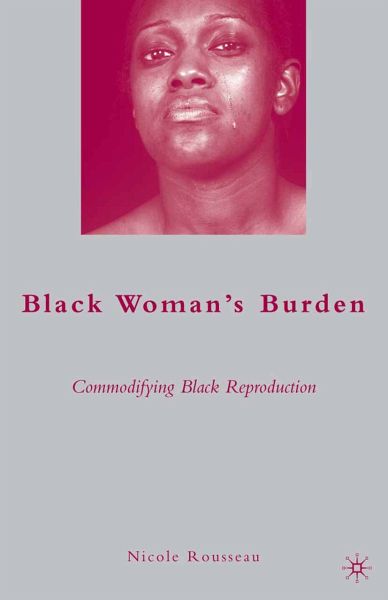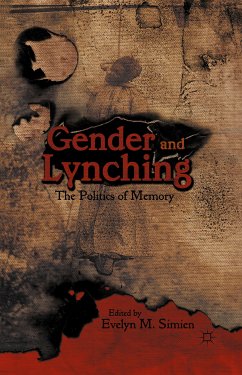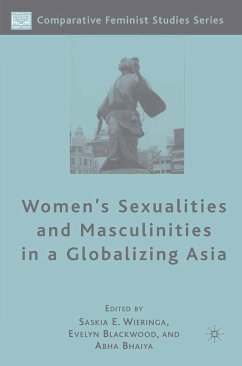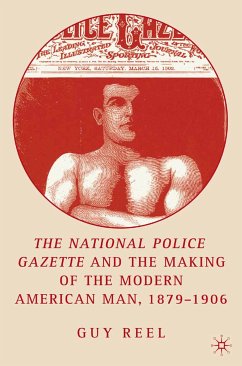
Black Woman's Burden (eBook, PDF)
Commodifying Black Reproduction
Versandkostenfrei!
Sofort per Download lieferbar
40,95 €
inkl. MwSt.
Weitere Ausgaben:

PAYBACK Punkte
20 °P sammeln!
Black Woman's Burden examines the historical endeavors to regulate Black female sexuality and reproduction in the United States through methods of exploitation, control, repression, and coercion. The myth of the "angry Black woman" has been built over generations through clever rhetoric and oppressive social policy. Here, Rousseau explores the continued impact of labeling and stereotyping on the development of policies that lead to the construction of national, racial, and gender identities for Black women.
Dieser Download kann aus rechtlichen Gründen nur mit Rechnungsadresse in A, B, BG, CY, CZ, D, DK, EW, E, FIN, F, GR, HR, H, IRL, I, LT, L, LR, M, NL, PL, P, R, S, SLO, SK ausgeliefert werden.












